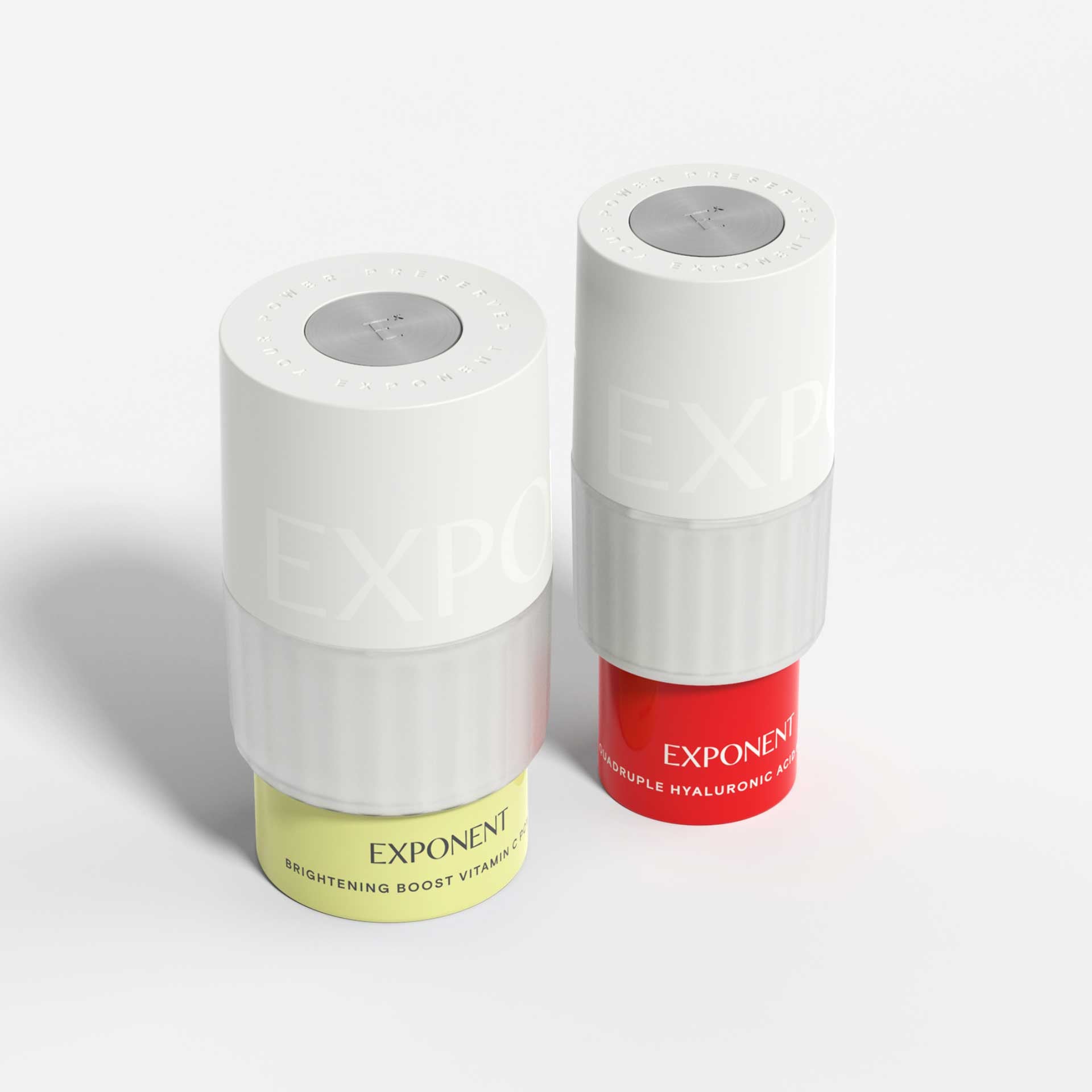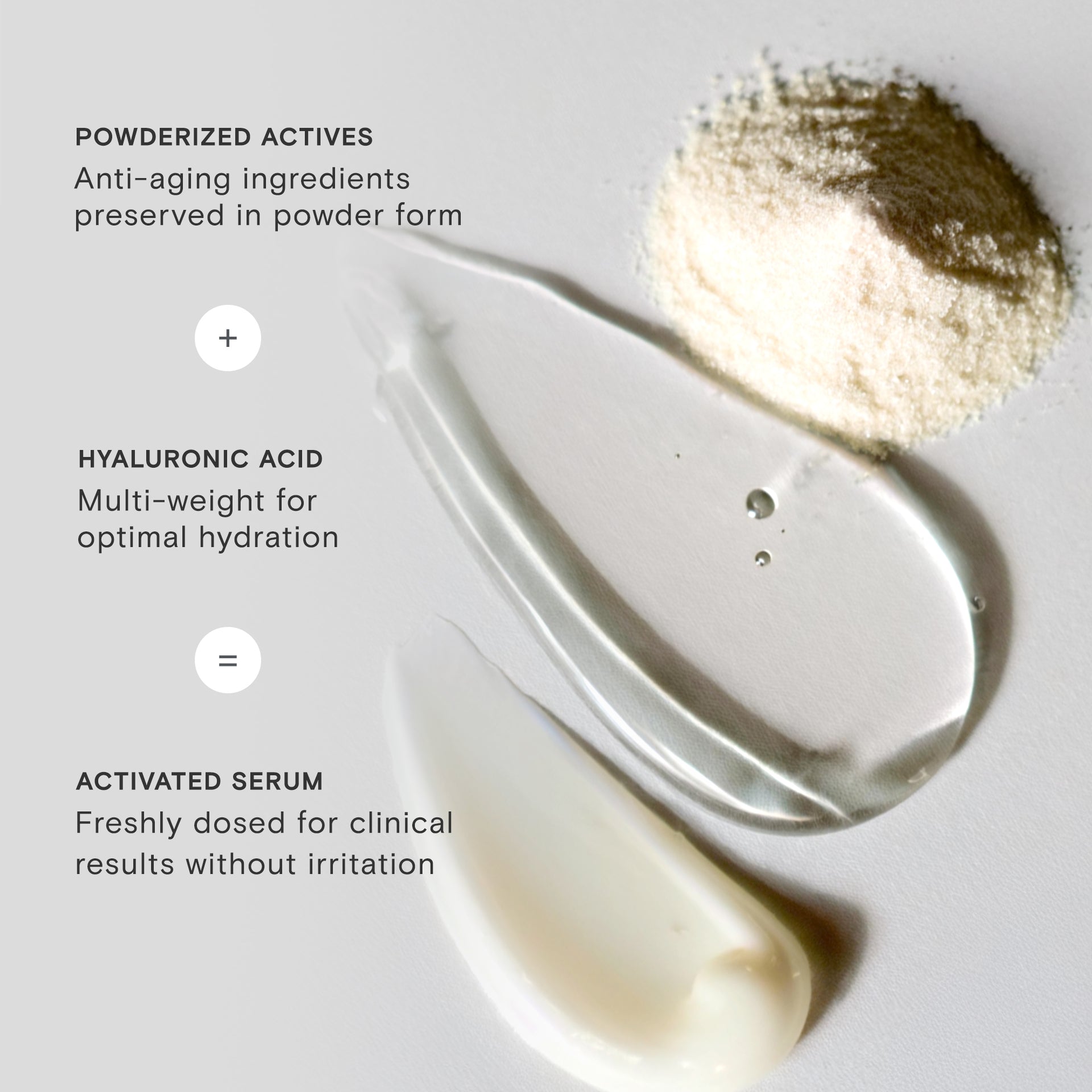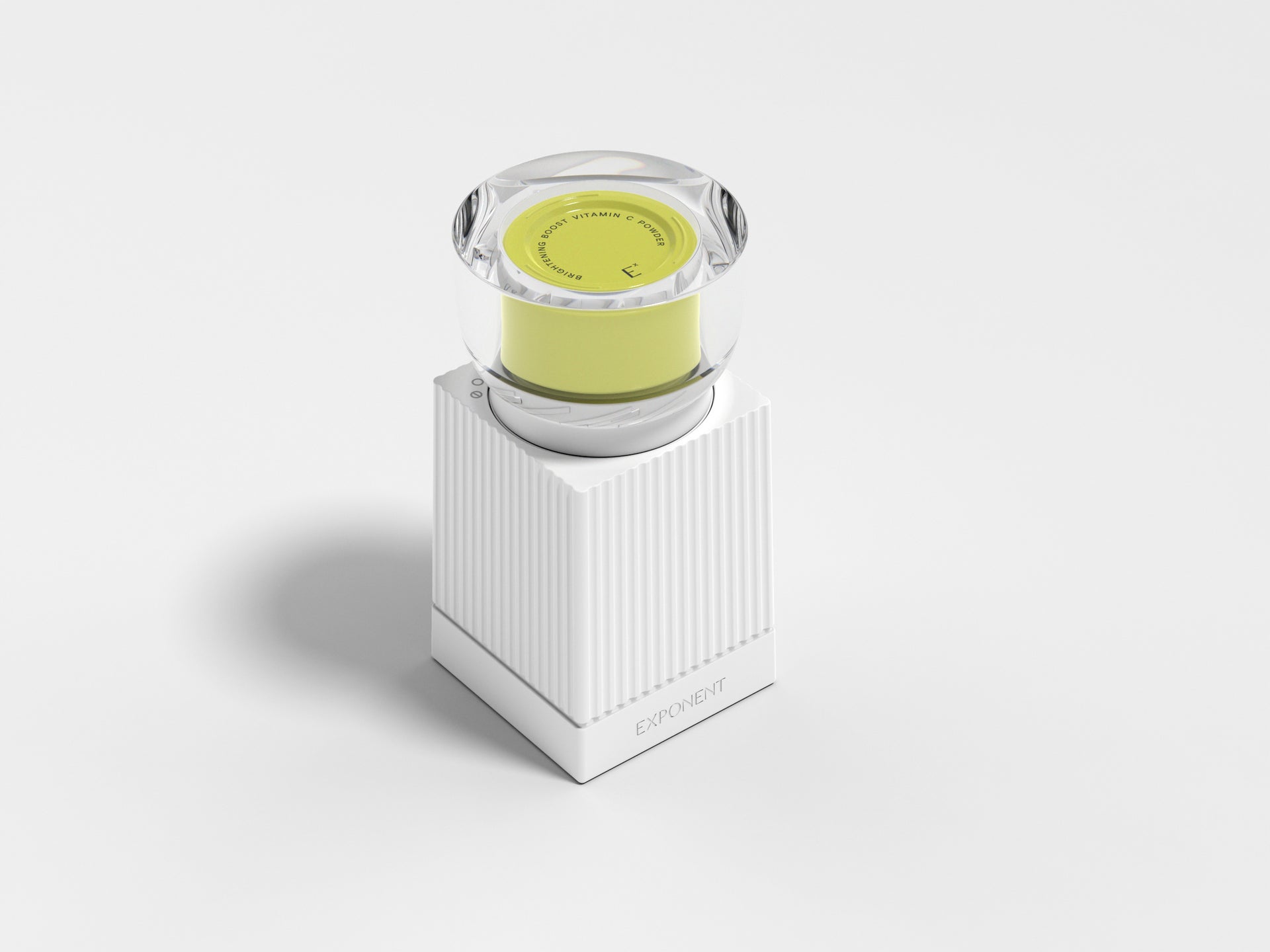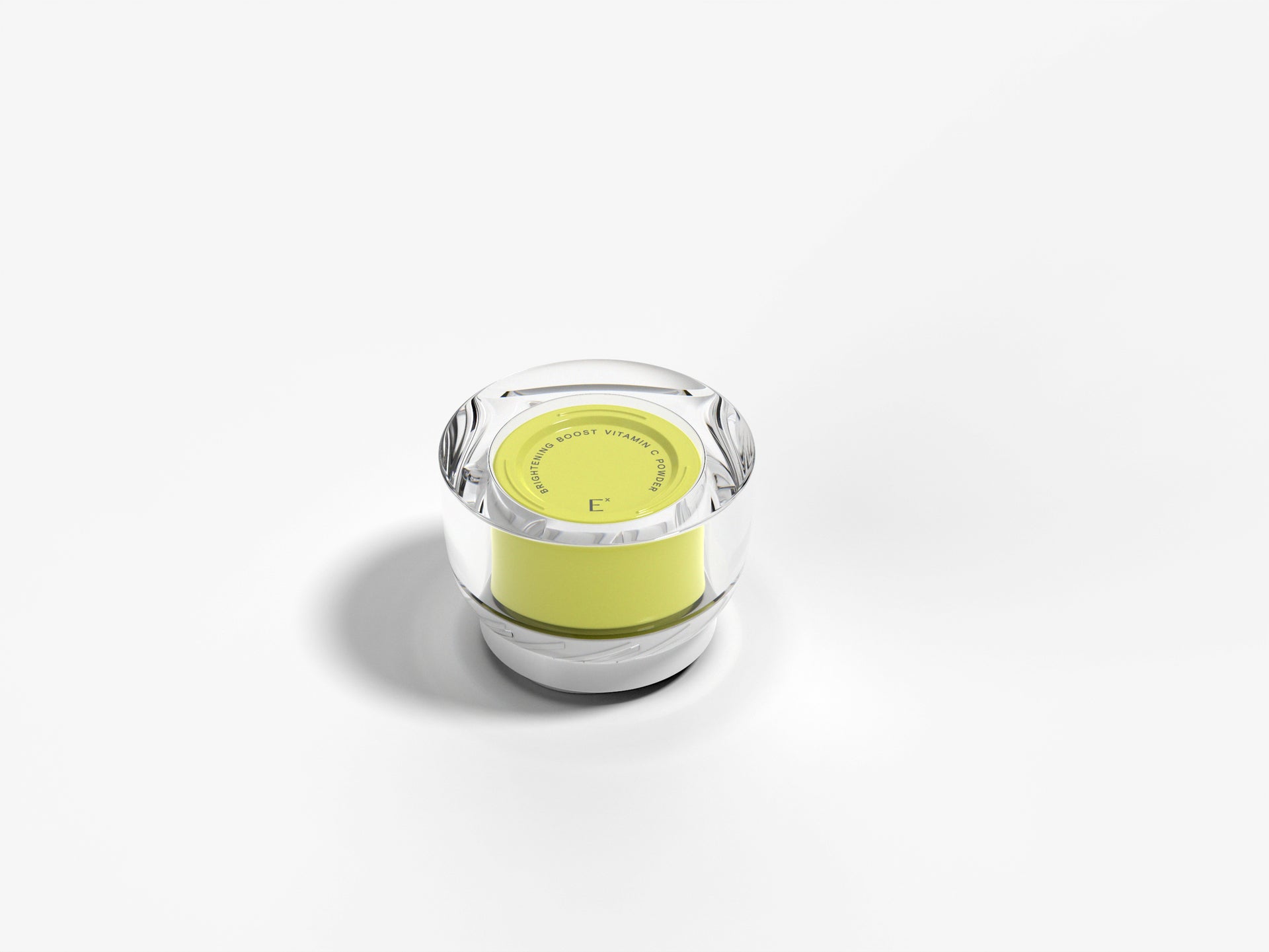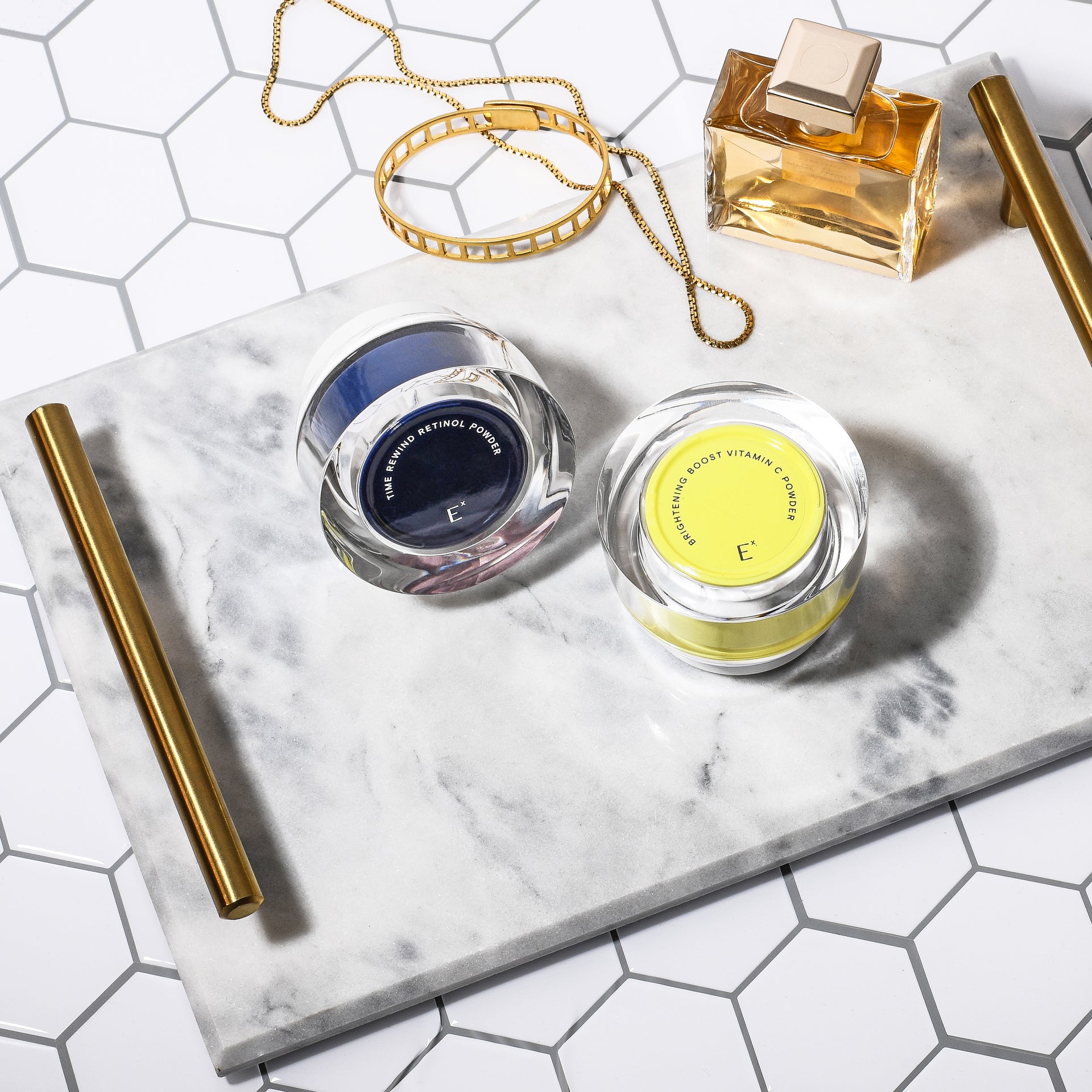While broad-spectrum sunscreen remains your first line of defense against harmful UV rays, there's a powerful anti-aging ally that can supercharge your daily sun protection routine: vitamin C serum. This potent antioxidant doesn't just brighten your complexion and reduce dark spots—it actively shields your skin from UV-induced damage while enhancing the effectiveness of your SPF sunscreen. Here's everything you need to know about vitamin C's role in preventing premature aging and protecting your skin barrier.
What Causes Sun Damage and Premature Aging?
When harmful UV rays hit your skin, they trigger a cascade of cellular damage that leads to premature aging, wrinkles, and dark spots. The primary culprit? Free radicals—unstable molecules that wreak havoc on your skin cells, breaking down collagen, causing inflammation, and accelerating the aging process. UV light triggers the rapid generation and accumulation of reactive oxygen species (ROS) in skin cells, which may result in photoaging and sun damage.[1]
This is where vitamin C serum enters the picture as your skin's natural bodyguard against environmental damage.
How Vitamin C Serum Fights UV Damage and Prevents Aging
Vitamin C serum, scientifically known as L-ascorbic acid, is a powerful antioxidant that neutralizes free radicals before they can damage your skin cells. Vitamin C functions as a biological co-factor and antioxidant due to its reducing properties, making it uniquely equipped to combat UV-induced oxidative stress and prevent signs of aging.
When applied topically in your morning skincare routine, vitamin C serum provides several protective benefits:
Neutralizes Free Radicals: Vitamin C, a potent antioxidant, has been shown to prevent erythema and sunburn cell formation after UV exposure.[2] By scavenging free radicals, it prevents the chain reaction of cellular damage that leads to premature aging, fine lines, and wrinkles.
Reduces Inflammation and Redness: UV exposure often triggers inflammatory responses in the skin. Vitamin C serum helps calm this inflammation, reducing redness and preventing long-term damage that can lead to hyperpigmentation.
Supports Collagen Production: Vitamin C can also up-regulate collagen and TIMP synthesis in human skin,[3] helping maintain skin structure, firmness, and repair UV-induced damage that causes sagging and loss of elasticity.
The Best Skincare Combination: Vitamin C Serum + Sunscreen for Maximum Protection
Here's where things get exciting: vitamin C serum doesn't replace sunscreen—it amplifies your sun protection routine for maximum anti-aging benefits. Research shows that vitamin C is capable of additive protection against acute UVB damage when combined with a UVB sunscreen.[4] Think of broad-spectrum sunscreen as your shield and vitamin C serum as your backup defense system against environmental damage.
When combined with daily sunscreen application, vitamin C serum creates a powerful barrier against harmful UV rays, mitigating photoaging and aiding in the repair of sun-damaged skin. This combination approach provides comprehensive protection that neither skincare ingredient can achieve alone, making it essential for any anti-aging skincare routine.
Best Antioxidant Combinations for Anti-Aging Skincare
Research shows that vitamin C serum works even better when paired with other antioxidants in your daily skincare routine. A topical antioxidant solution containing vitamins C and E stabilized by ferulic acid provides protection for human skin against damage caused by ultraviolet irradiation.[5]
The most studied antioxidant combinations for anti-aging include:
Vitamin C + Vitamin E Serum: Studies show that vitamin C and vitamin E synergistically limit chronic UV damage by significantly reducing both cell apoptosis and thymine dimer formation.[6] These vitamins work together to provide enhanced protection against free radical damage and premature aging.
The Triple Threat Anti-Aging Formula: A combination of 0.5% ferulic acid with 15% vitamin C and 1% vitamin E can increase the efficacy of vitamin C, creating one of the most potent antioxidant combinations for photoprotection and anti-aging benefits.[7]
What Percentage of Vitamin C is Best for Sun Protection?
Not all vitamin C serums are created equal when it comes to effective sun protection and anti-aging benefits. Topically applied vitamin C induced significant photoprotective effects at concentrations of at least 10% in animals and humans. Lower concentrations may provide some brightening benefits, but optimal protection against UV damage requires adequate potency for maximum anti-aging results.
Interestingly, a photoprotective effect has not been demonstrated by oral administration even at high doses in humans, emphasizing the importance of topical vitamin C serum application for UV protection and skincare benefits.
How to Use Vitamin C Serum in Your Daily Skincare Routine
To harness vitamin C serum's sun-protective and anti-aging benefits in your skincare routine:
Morning Skincare Application: Apply vitamin C serum in the morning before sunscreen as part of your daily anti-aging routine. Vitamin C products should be applied morning and night with broad-spectrum sunscreen for optimal protection against environmental damage.
Proper Layering Order: Apply skincare ingredients in order of consistency, from thinnest to thickest, starting with toners and serums and finishing with moisturizer and SPF. Your vitamin C serum should go on after cleansing but before moisturizer and sunscreen in your morning routine.
Consistency is Key for Anti-Aging Results: Daily use provides cumulative protection and maximum anti-aging benefits. This combination of antioxidant vitamins decreased the immunosuppressive effects of UV exposure, increased MED (minimal erythema dose), and decreased cell damage.
Vitamin C Benefits Beyond Sun Protection: Skin Repair and Anti-Aging
Vitamin C serum doesn't just prevent damage—it helps repair existing sun damage and provides comprehensive anti-aging benefits. Similar to vitamin C, its levels are rapidly depleted after UV exposure, which is why consistent replenishment through topical serum application is crucial for maintaining healthy, youthful-looking skin.
The vitamin also helps with post-sun recovery by reducing hyperpigmentation, dark spots, and supporting skin healing processes, making it an essential component of both prevention and treatment strategies for comprehensive anti-aging skincare.
The Bottom Line: Essential Anti-Aging Skincare for Sun Protection
While broad-spectrum sunscreen remains non-negotiable for UV protection, vitamin C serum serves as a powerful enhancer that boosts your skin's natural defense systems and provides essential anti-aging benefits. Vitamin C, topical retinoids, and sunscreen effectively prevent and combat the effects of photoaging with sunscreen being the most crucial product for daily use.
By incorporating a high-quality vitamin C serum (at least 10% concentration) into your morning skincare routine followed by broad-spectrum SPF 30+ sunscreen, you're not just preventing sun damage—you're actively fortifying your skin's ability to defend itself against UV assault while addressing signs of aging. This dynamic duo represents the gold standard in modern photoprotection and anti-aging skincare, combining immediate physical protection with cellular-level antioxidant defense.
Remember: consistency trumps perfection in any anti-aging skincare routine. Daily use of vitamin C serum and sunscreen will provide far greater benefits than sporadic application of even the most potent formulations. Your future self will thank you for this simple yet powerful addition to your sun protection and anti-aging arsenal.
Footnotes
-
Telang PS. Vitamin C in dermatology. Indian Dermatol Online J. 2013;4(2):143-6. Available at: https://www.ncbi.nlm.nih.gov/pmc/articles/PMC3673383/
-
Farris PK. Topical vitamin C: a useful agent for treating photoaging and other dermatologic conditions. Dermatol Surg. 2005;31(7 Pt 2):814-7. Available at: https://pubmed.ncbi.nlm.nih.gov/16029672/
-
Pullar JM, Carr AC, Vissers MCM. The Roles of Vitamin C in Skin Health. Nutrients. 2017;9(8):866. Available at: https://www.ncbi.nlm.nih.gov/pmc/articles/PMC5605218/
-
Darr D, Dunston S, Faust H, Pinnell S. Effectiveness of antioxidants (vitamin C and E) with and without sunscreens as topical photoprotectants. Acta Derm Venereol. 1996;76(4):264-8. Available at: https://pubmed.ncbi.nlm.nih.gov/8869680/
-
Lin FH, Lin JY, Gupta RD, et al. Ferulic acid stabilizes a solution of vitamins C and E and doubles its photoprotection of skin. J Invest Dermatol. 2005;125(4):826-32. Available at: https://pubmed.ncbi.nlm.nih.gov/16185284/
-
Lin JY, Selim MA, Shea CR, et al. UV photoprotection by combination topical antioxidants vitamin C and vitamin E. J Am Acad Dermatol. 2003;48(6):866-74. Available at: https://pubmed.ncbi.nlm.nih.gov/12789176/
-
Dreher F, Maibach H. Protective effects of topical antioxidants in humans. Curr Probl Dermatol. 2001;29:157-64. Available at: https://pubmed.ncbi.nlm.nih.gov/11225208/
-
Steenvoorden DP, van Henegouwen GM. The use of endogenous antioxidants to improve photoprotection. J Photochem Photobiol B. 1997;41(1-2):1-10. Available at: https://pubmed.ncbi.nlm.nih.gov/17134414/



